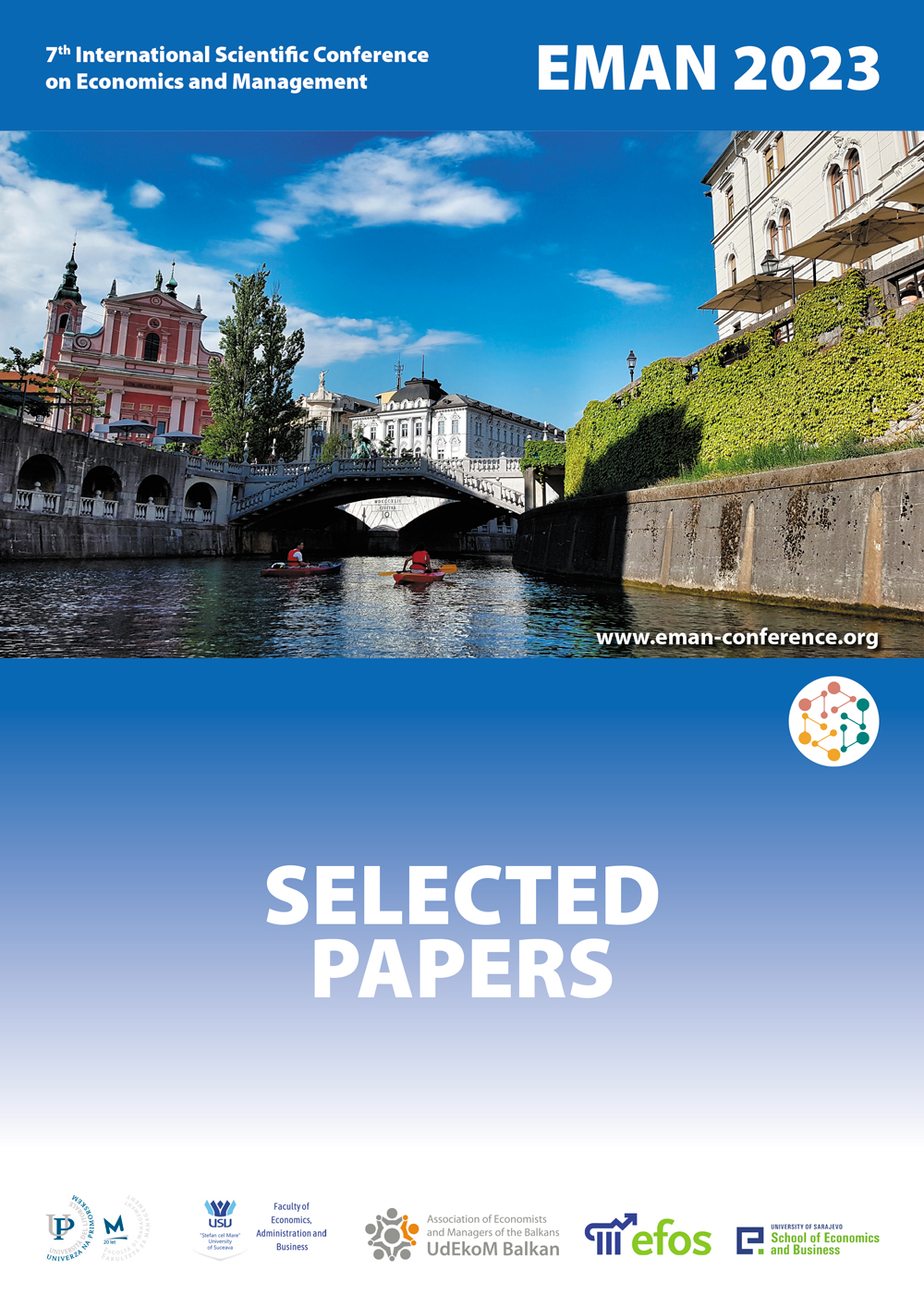Environmental (Sustainability) Reporting in 2020 and 2021 by Real Estate Companies from German Speaking Countries
Environmental (Sustainability) Reporting in 2020 and 2021 by Real Estate Companies from German Speaking Countries
Author(s): Dominika P. Galkiewicz, Bernd Wollmann
Subject(s): Social Sciences, Economy
Published by: Udruženje ekonomista i menadžera Balkana
Keywords: Sustainability; Directive; Report; Taxonomy; CSRD; ESG; NFRD
Summary/Abstract: Environmental, social, and governance (ESG) regulations, such as the Non-Financial Reporting Directive (NFRD) and the forthcoming Taxonomy Regulation in the European Union (EU), have had and will continue to have a lasting impact on the real estate sector and various other stakeholders within the market. This study, therefore, compares the current European regulation with standard sustainability reporting practices in the real estate (RE) industry in Germany, Austria, and Switzerland. In particular, we aim to investigate what type of information related to environmental issues is being regularly provided and by how many of the 55 largest RE firms in the years 2020 and 2021. We show that the majority of the environmental indicators recommended by the European Real Estate Association (EPRA) are more often reported in 2021 than in 2020. For example, a 30% or higher reporting frequency in 2021 could be observed for the energy intensity of rentable area kWh/m2, scope 1, 2, and 3 emissions t CO2e, EPRA recommendations implementation, and citing of standards used. Irrespective of the positive development, however, there is still a lot of room for improving reporting quality as small reporting frequencies are identifiable for the following “E” measures: energy consumption BOP MWh (6 in 2020 and 4 in 2021), emissions intensity of BOP kg CO2e/m2 (8 in 2020 and 7 in 2021) and Scope 3 t CO2e (7 in 2020 and 11 in 2021). The provided evidence highlights how low the reporting of “E” measures recommended by the EPRA generally is. In January 2023, the Corporate Sustainability Reporting Directive (CSRD) was officially enacted, marking a significant milestone in the field of corporate sustainability reporting. This newly established directive represents a significant advancement in the regulatory framework governing corporate social and environmental information disclosure. About 50,000 companies will now be required to report on sustainability. Thus, it is key for individuals, organizations, and politicians introducing new sustainability reporting rules in Europe to understand that too complex rules may not be appropriately complied with and keep uniform EU taxonomy reporting requirements besides CSRD easy to apply in the future.
Book: EMAN 2023 – Economics & Management: How to Cope with Disrupted Times - SELECTED PAPERS
- Page Range: 115-125
- Page Count: 12
- Publication Year: 2023
- Language: English
- Content File-PDF

